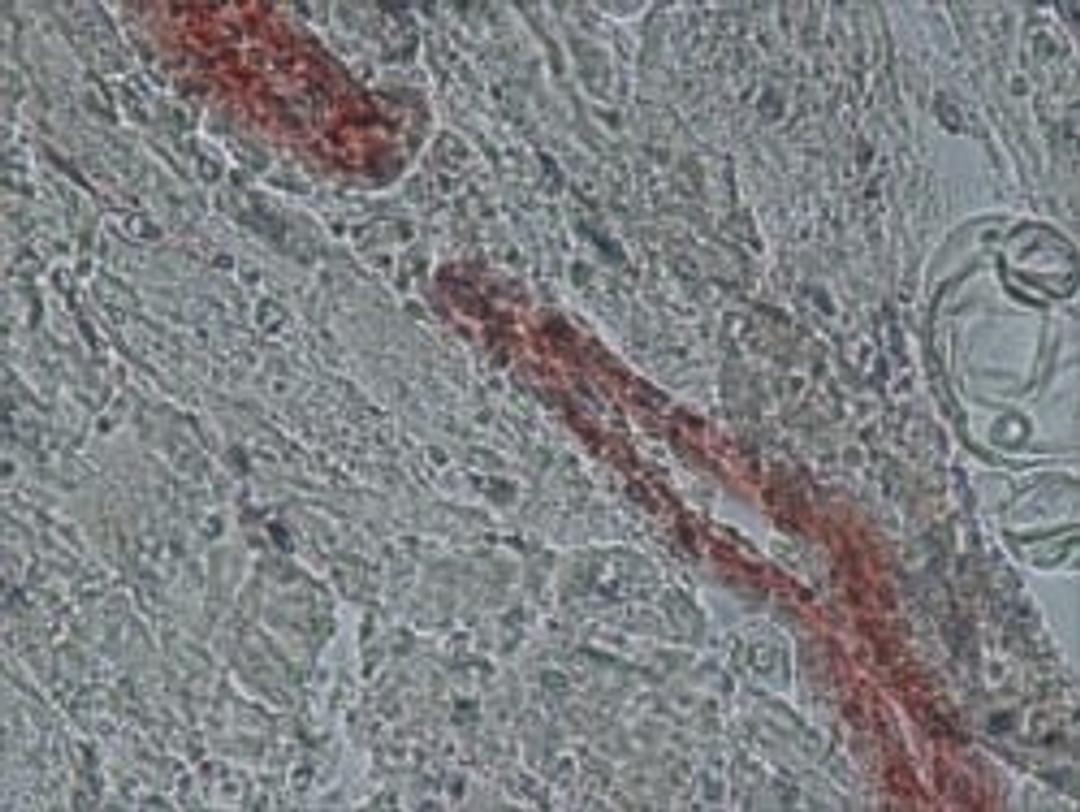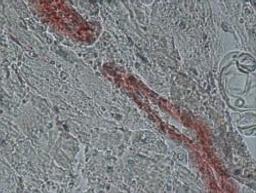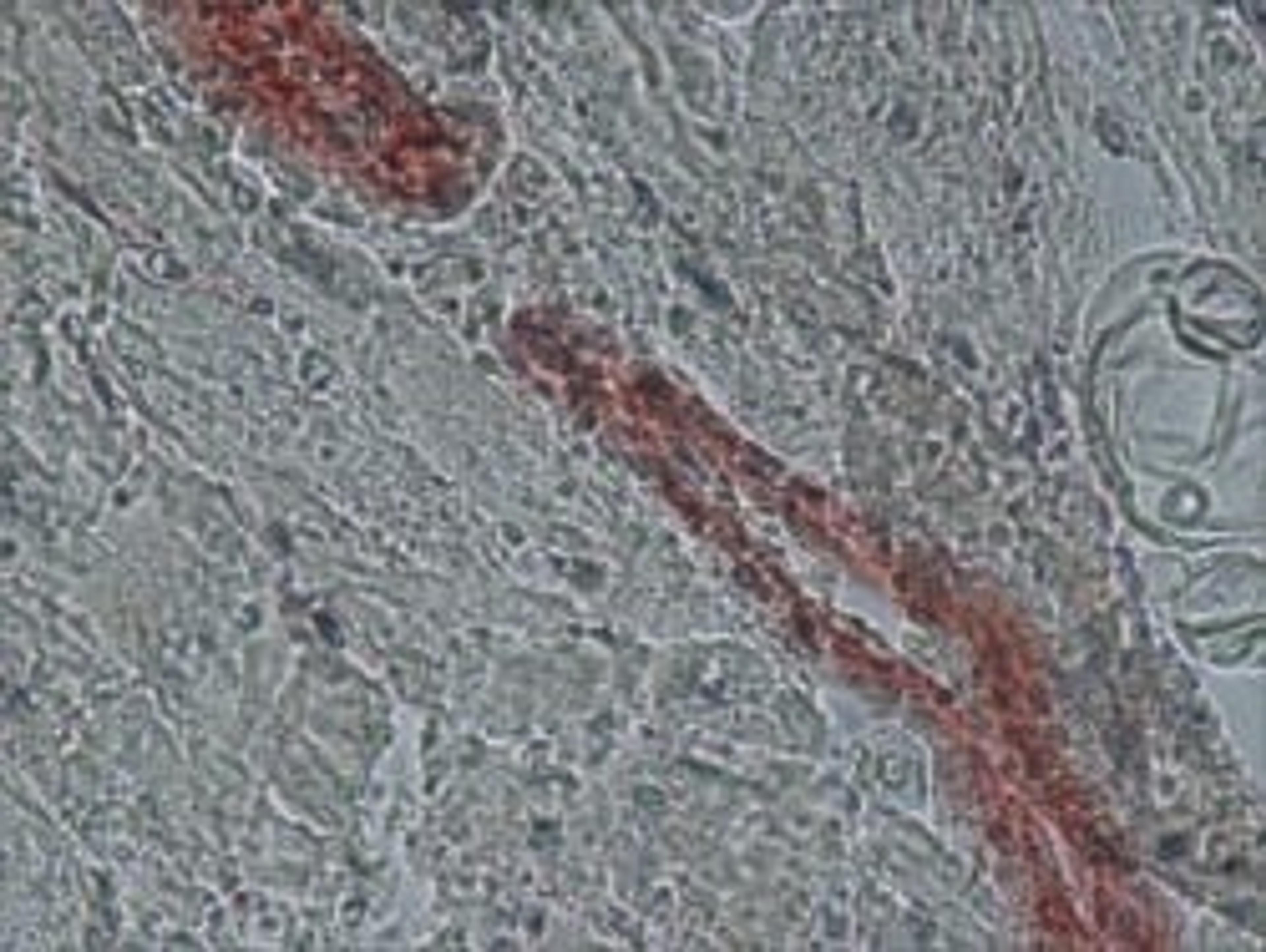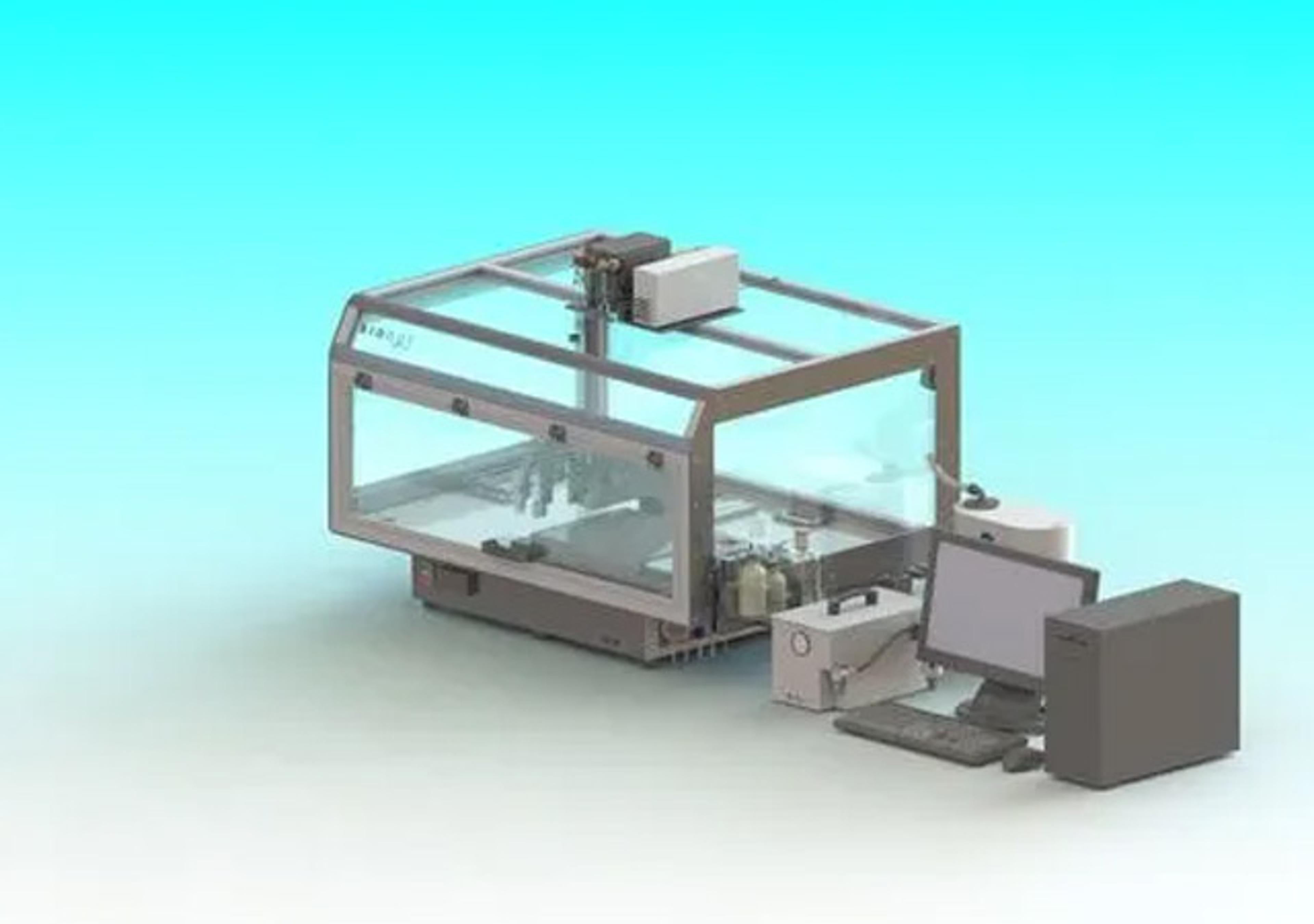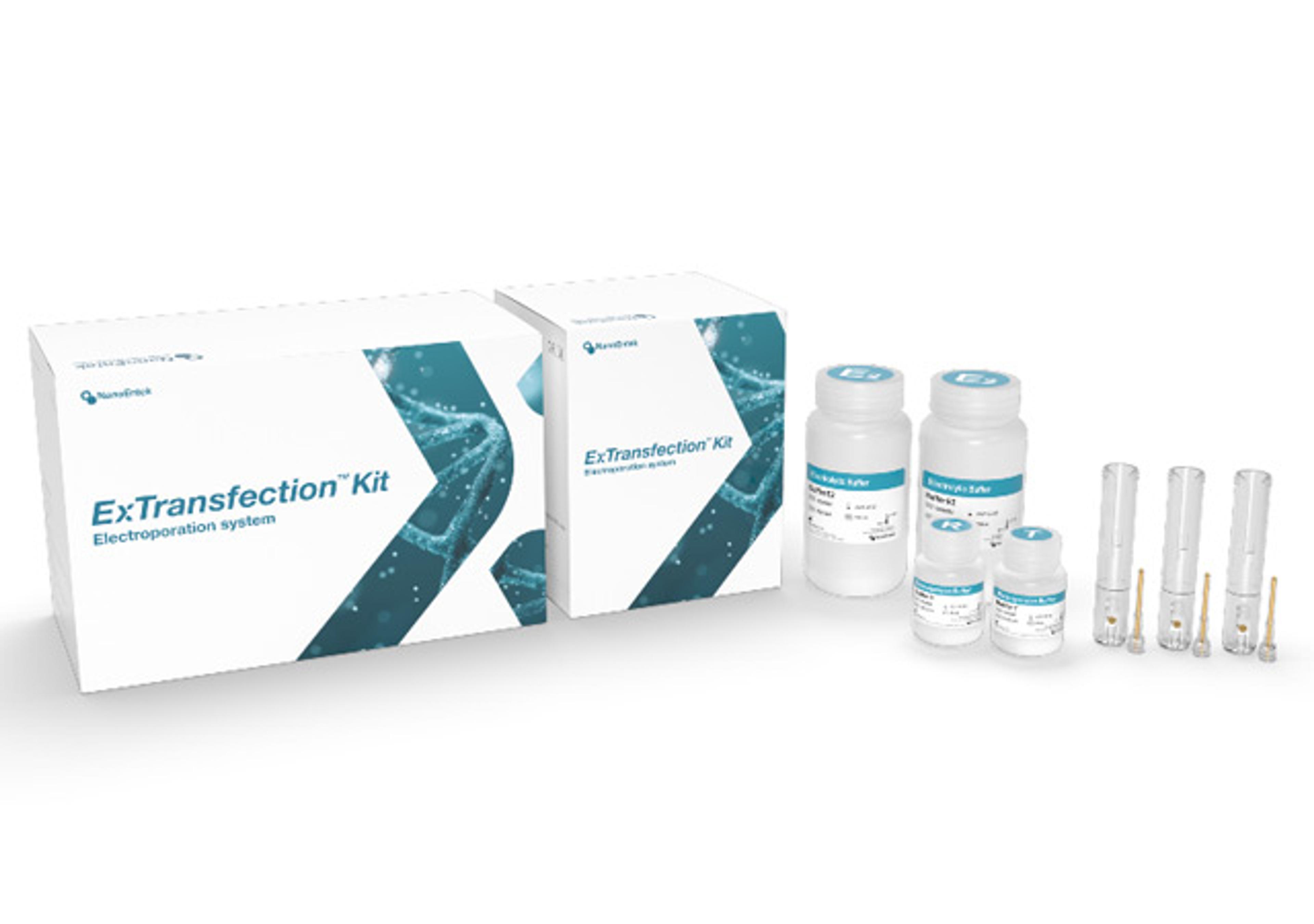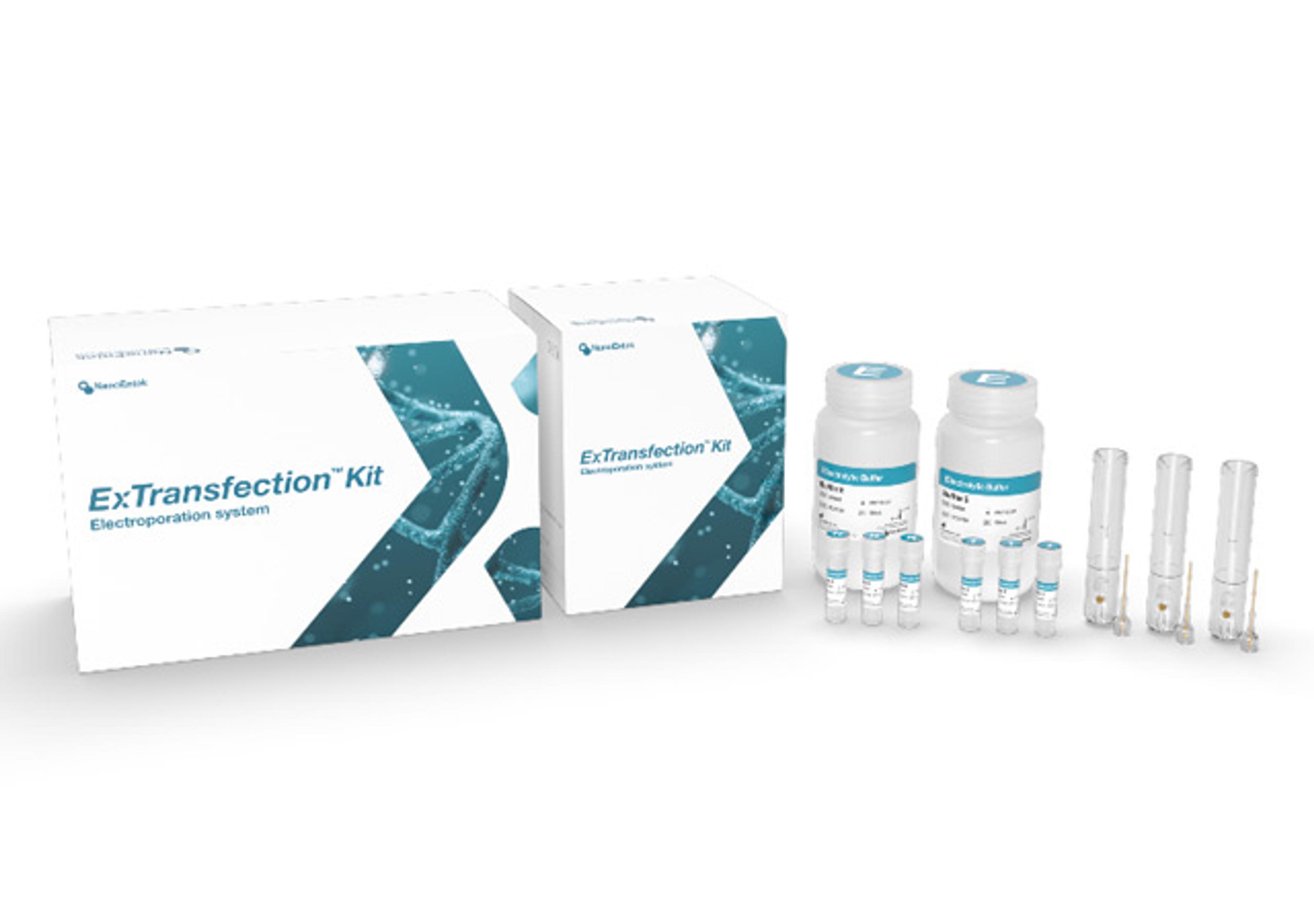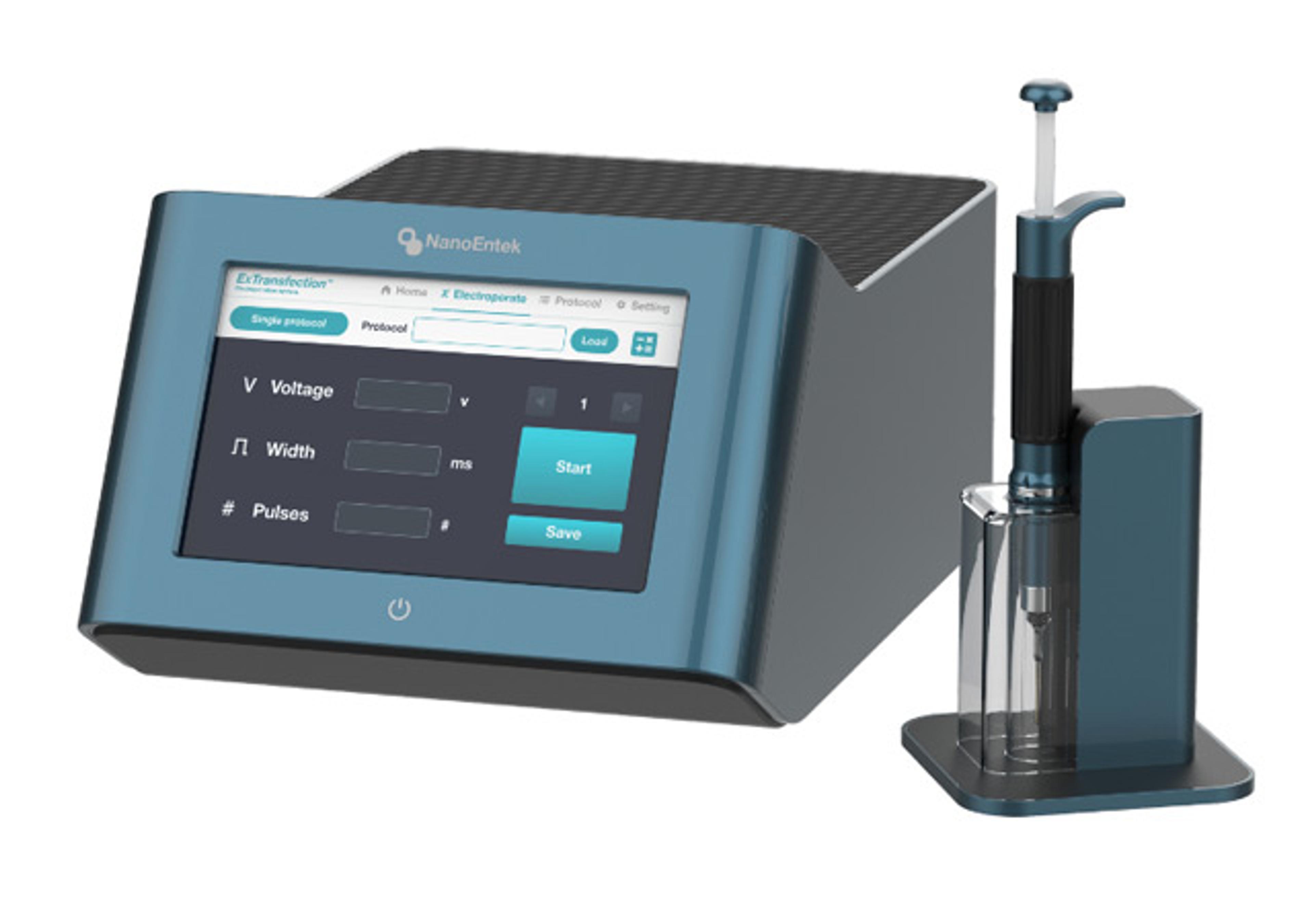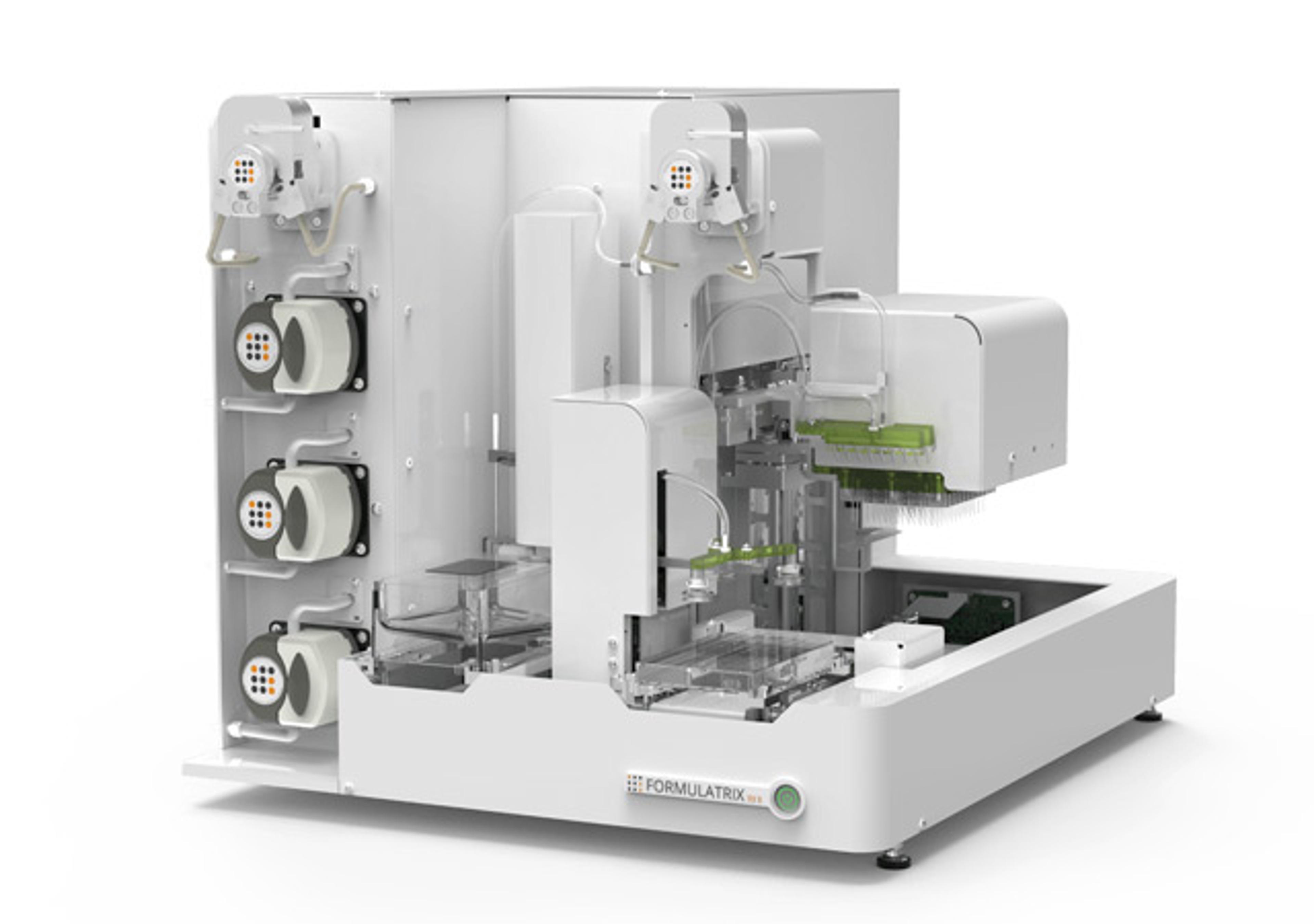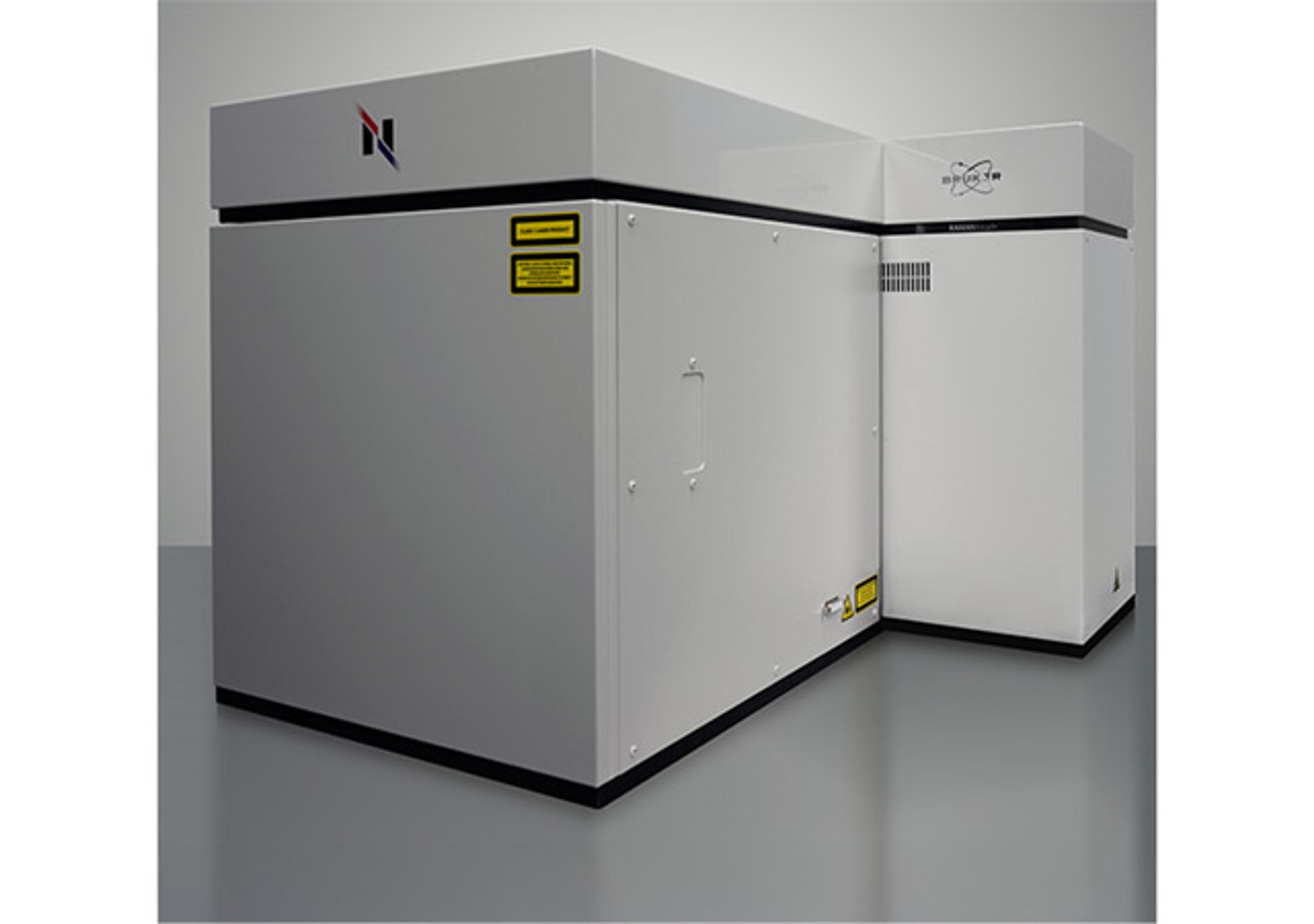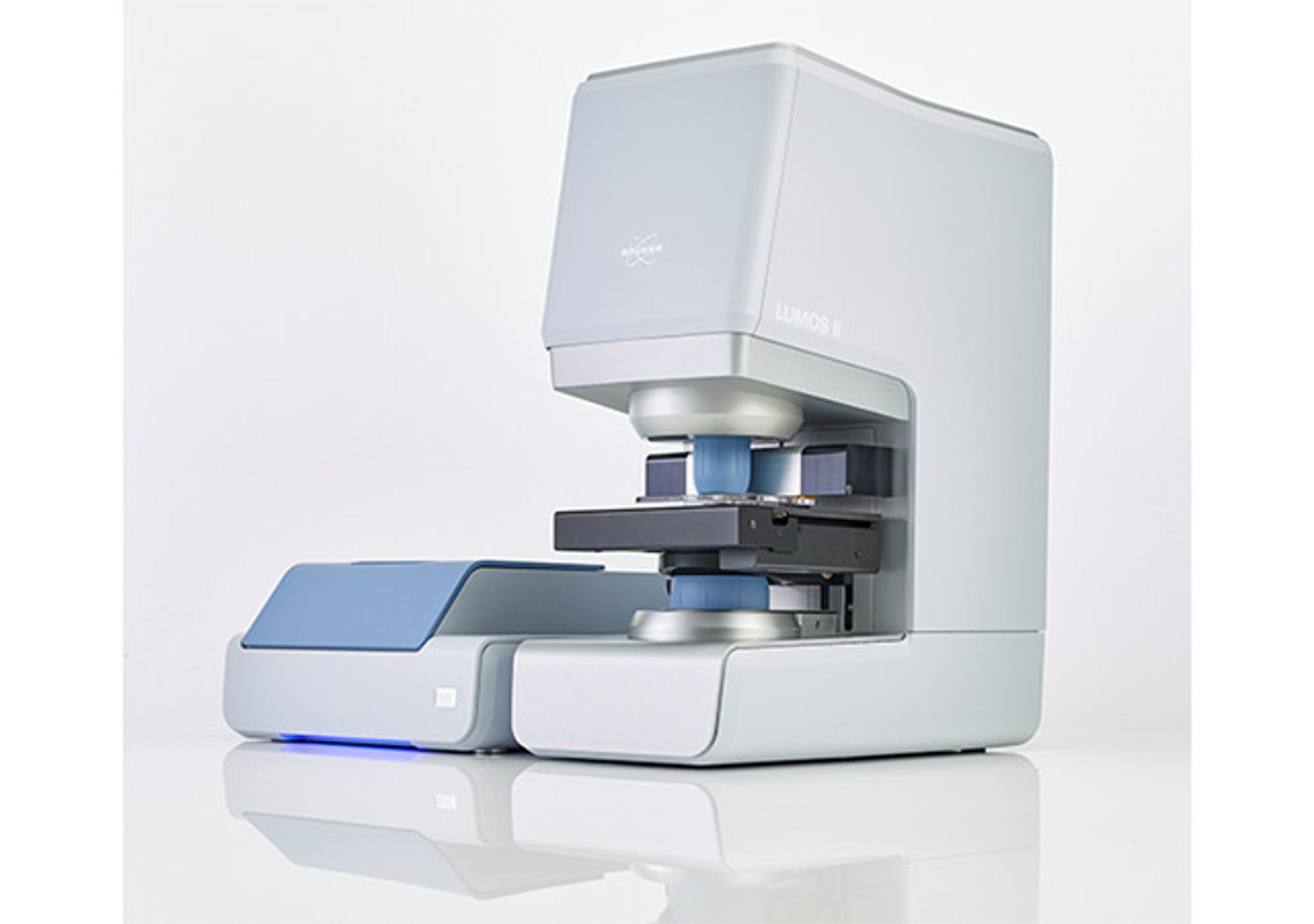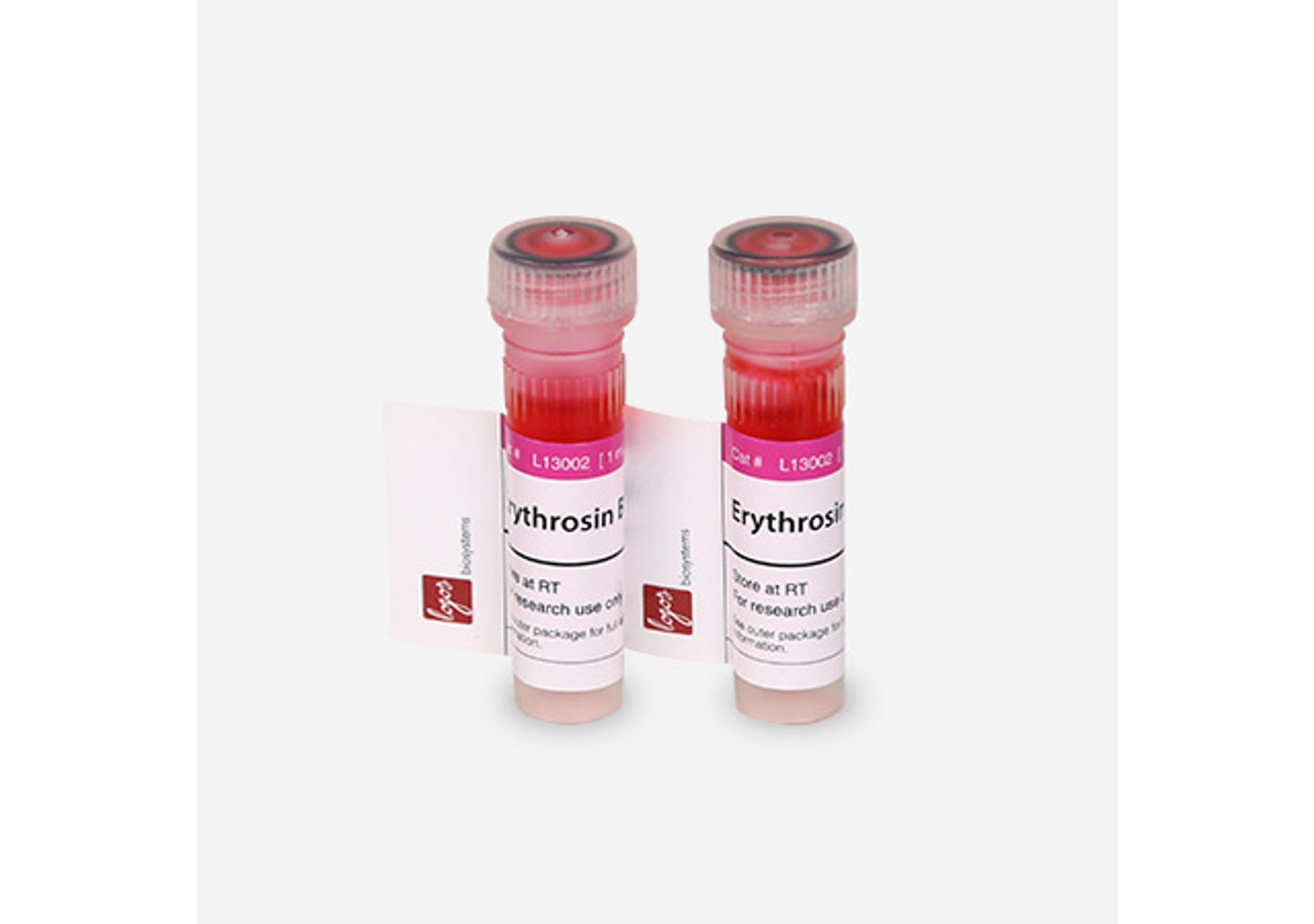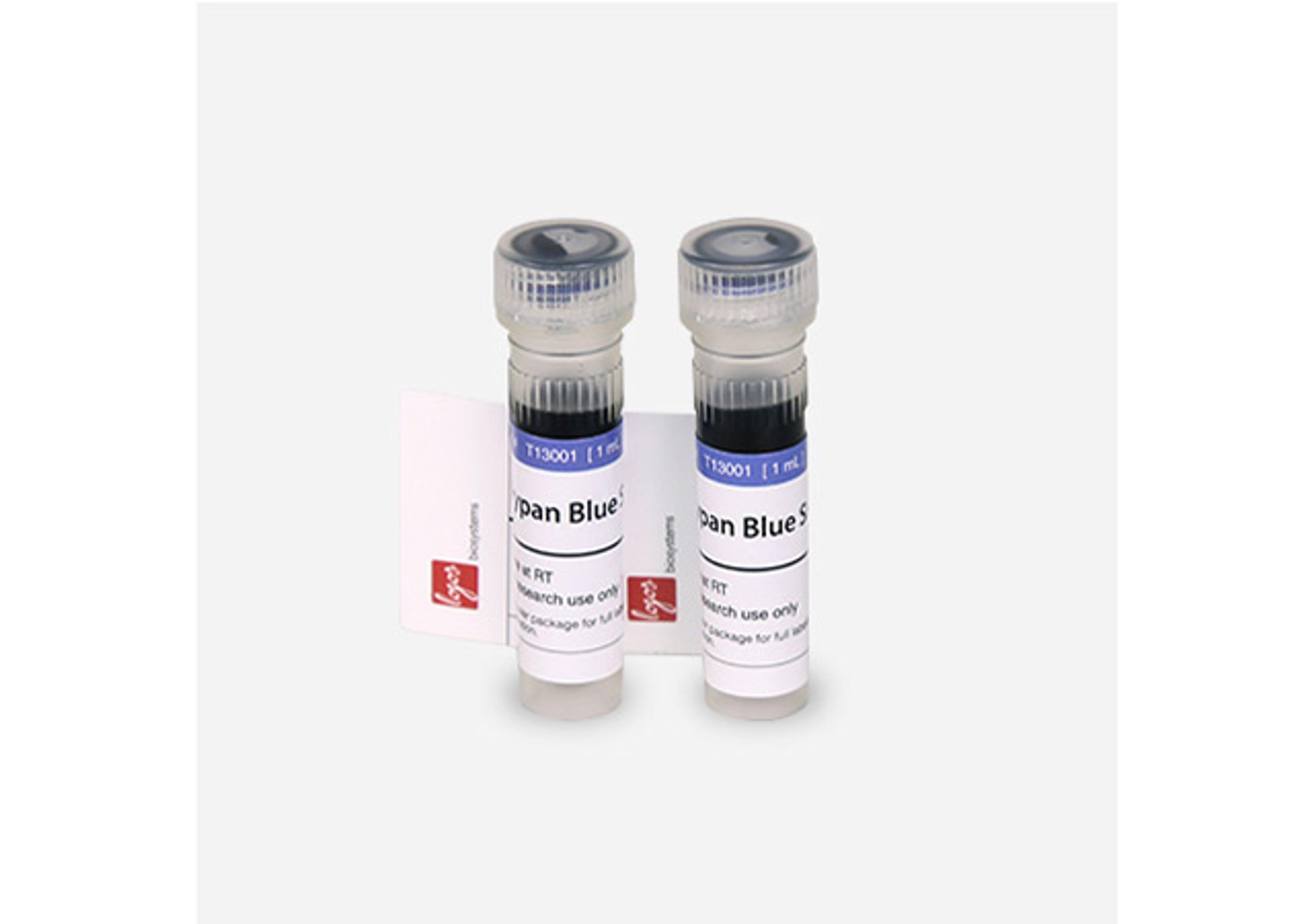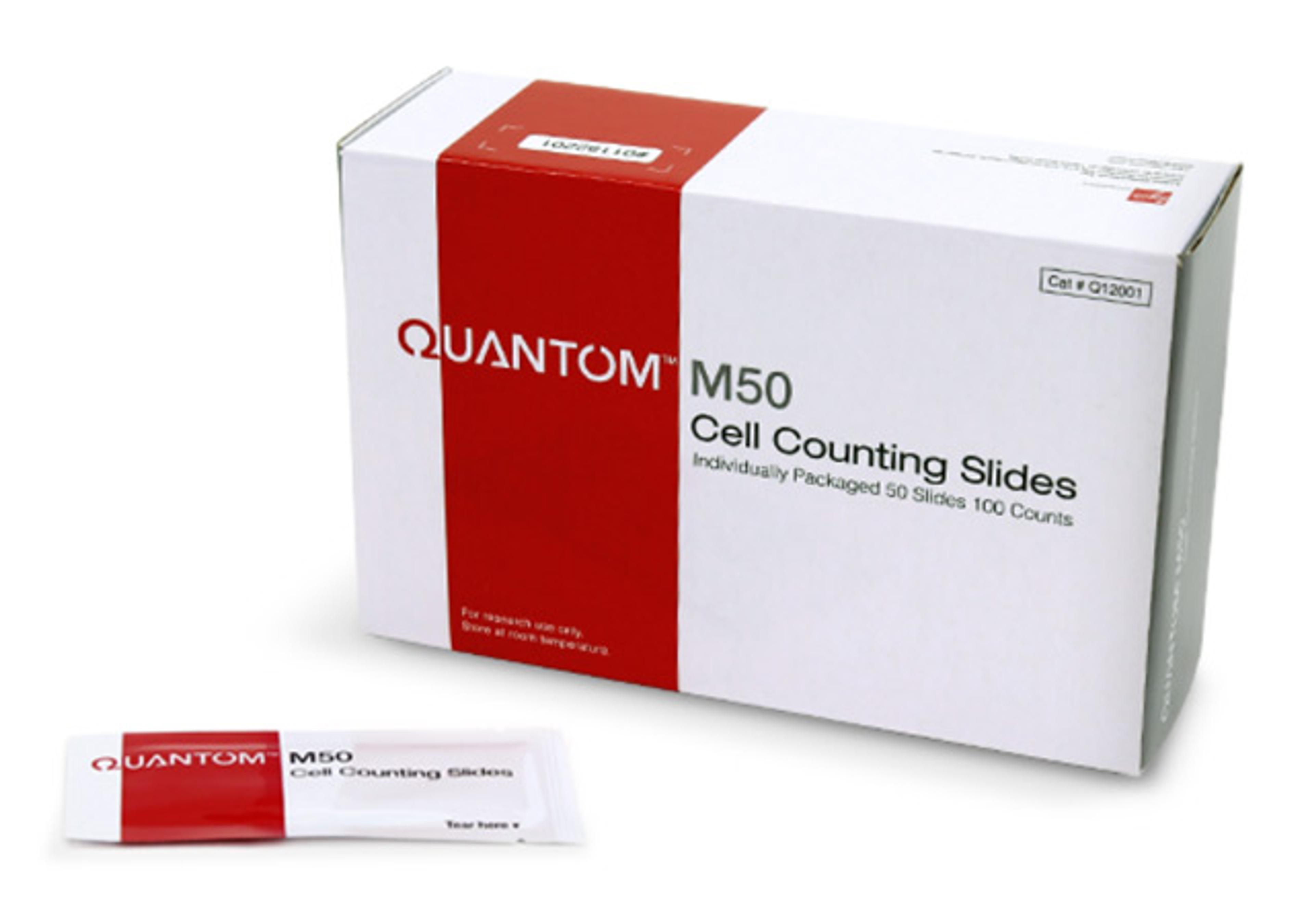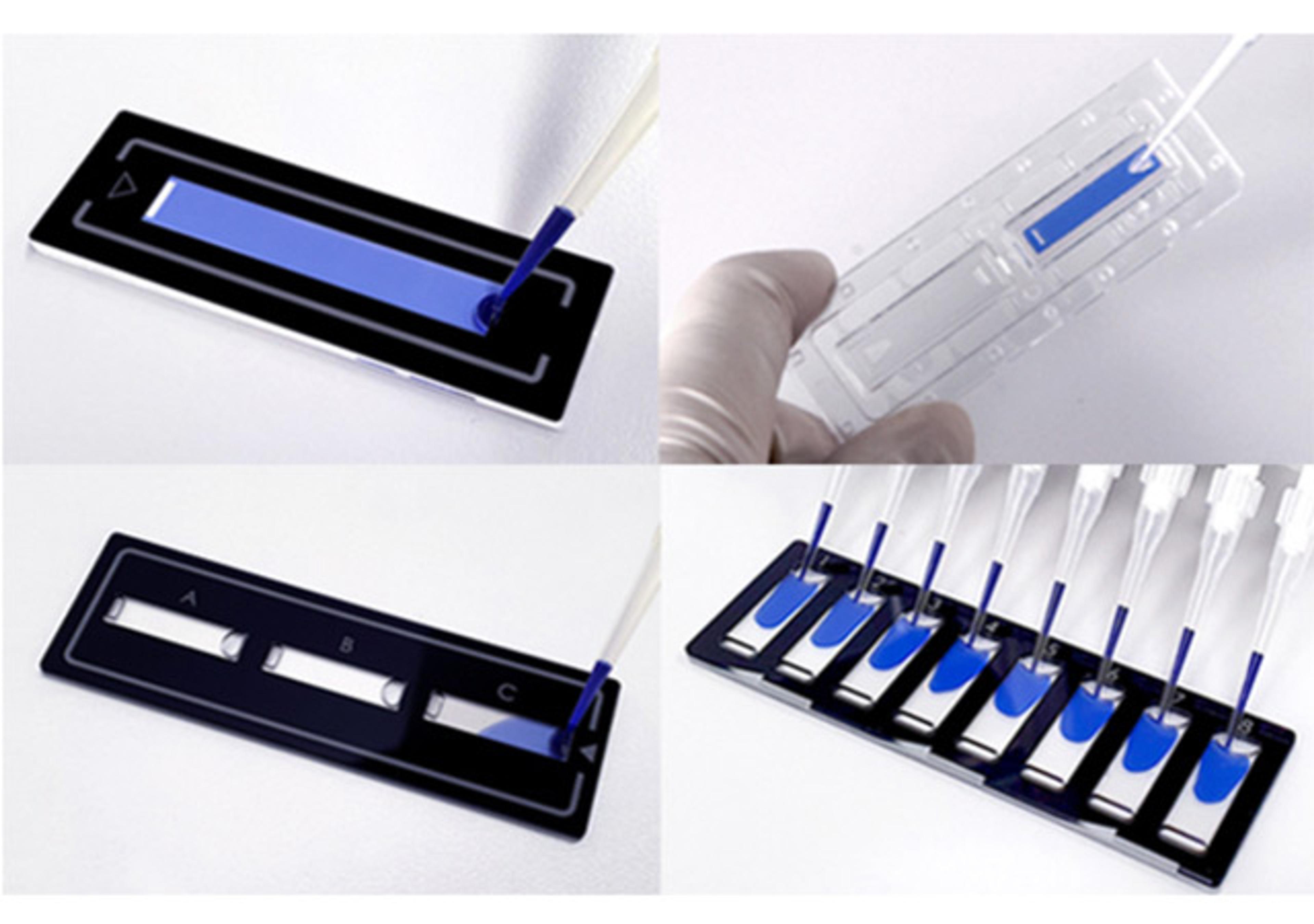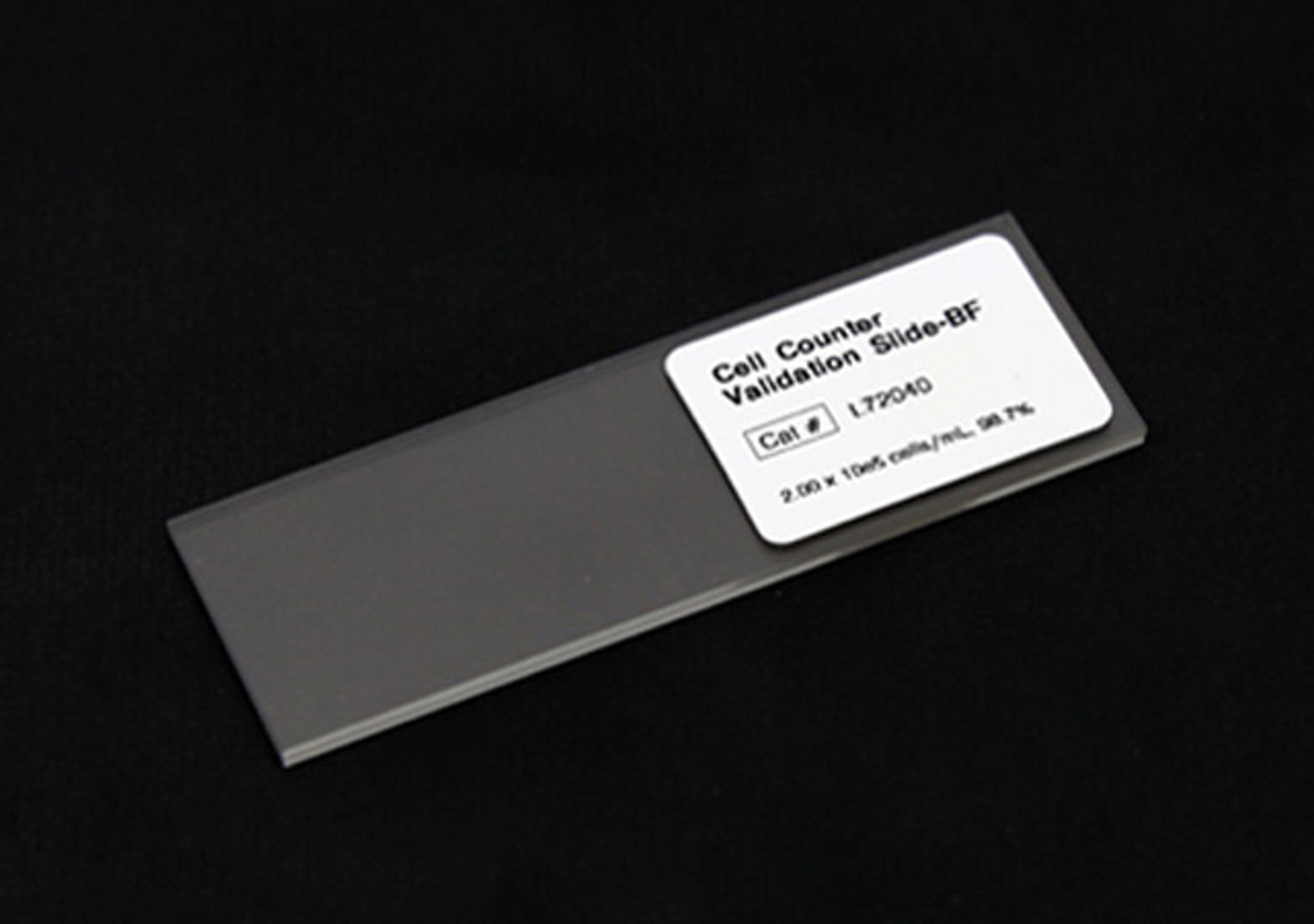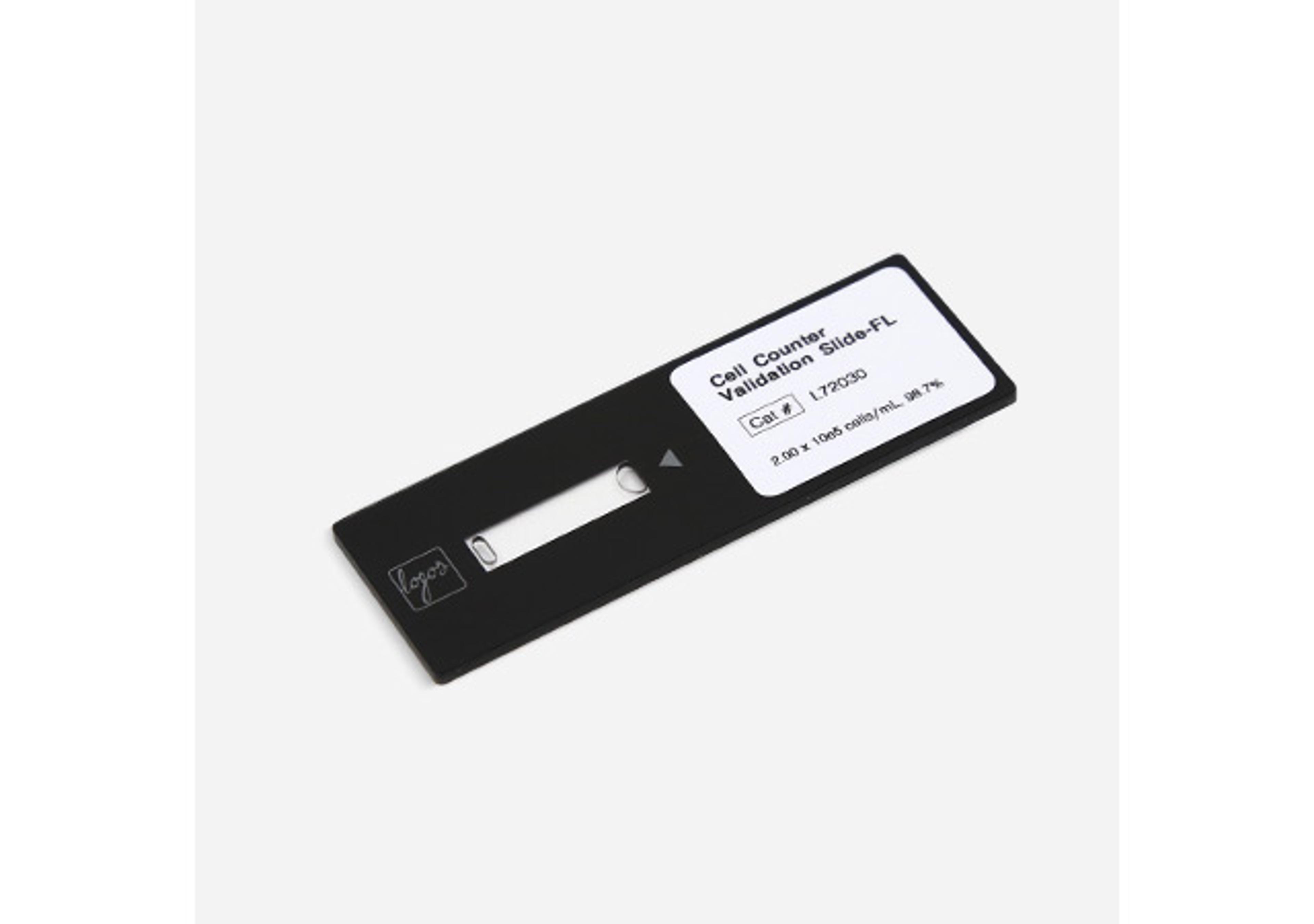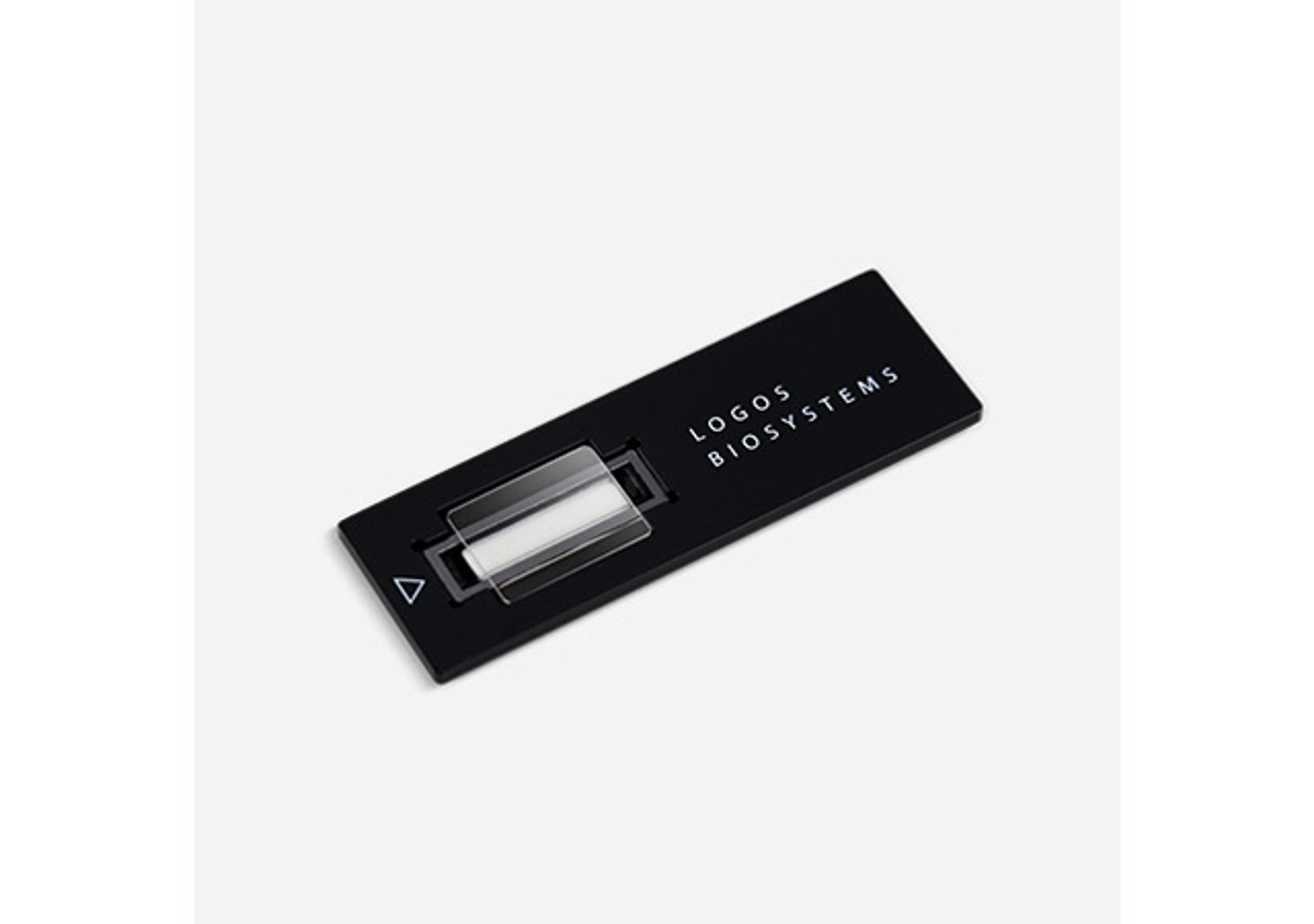Anti-β-Actin antibody, Mouse monoclonal
clone AC-15, purified from hybridoma cell culture

The supplier does not provide quotations for this product through SelectScience. You can search for similar products in our Product Directory.
In staining of chicken gizzard ultrathin tissue cryosections, the antibody labels the dense bodies and longitudinal channels linking consecutive dense bodies that are also occupied by desmin and the membrane-associated dense plaque. It does not stain adult cardiac and skeletal muscles except for traces due to contaminations of the sample with non-muscle cells, or if embryonic tissue is being used.
The ACTB (β-actin) gene is mapped to human chromosome 7p22.1. β-Actin is the most abundant protein localized to the cytoplasm. ACTB is expressed ubiquitously.[8] Actin is one of the most conserved eukaryotic proteins, it is expressed in mammals and birds. Four of the actin isoforms represent the differentiation markers of muscle tissues and two are found in almost all cells. Anti-β-Actin antibody, Mouse Monoclonal (mouse IgG1 isotype) is derived from the AC-15 hybridoma produced by the fusion of mouse myeloma cells and splenocytes from BALB/c mice immunized with a slightly modified synthetic b-cytoplasmic actin N-terminal peptide Ac-Asp-Asp-Asp-Ile-Ala-Ala-Leu-Val-Ile-Asp-Asn-Gly-Ser-Gly-Lys, conjugated to KLH.
In staining of chicken gizzard ultrathin tissue cryosections, the antibody labels the dense bodies and longitudinal channels linking consecutive dense bodies that are also occupied by desmin and the membrane-associated dense plaque. It does not stain adult cardiac and skeletal muscles except for traces due to contaminations of the sample with non-muscle cells, or if embryonic tissue is being used.

